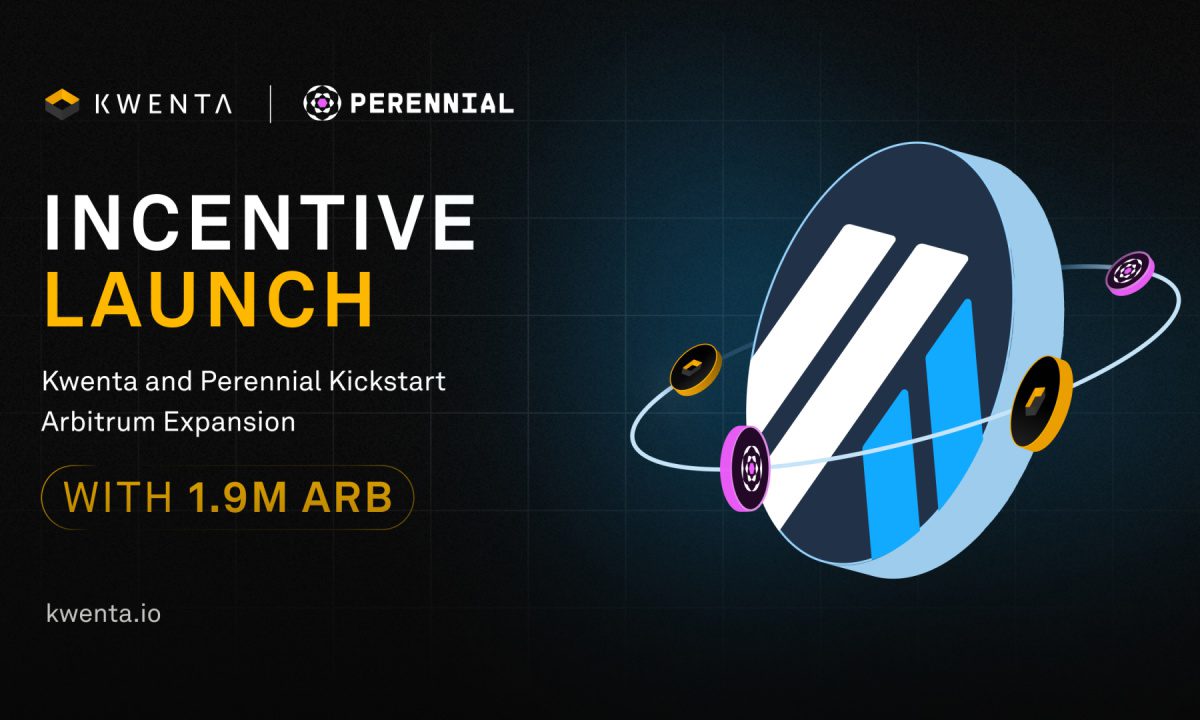The EU Has Removed The MiCA Regulation’s Proof-Of-Work Clauses. It will be interesting to see how discussions play out in the coming weeks
The European Union’s proposed framework for the Markets in Crypto Assets (MiCA) regulation has been voted on, and it has been decided that the provisions on cryptocurrencies that use proof-of-work designs for their blockchains will no longer be adapted to the MiCA framework in the future.
The bill will be discussed and negotiated further in trilogues between the parliament, council, and commission, with EU leaders working together to reach a final agreement to establish region-wide regulatory provisions. Concerns about the carbon footprint and overall ecological impact of mining for networks that use proof of work consensus algorithms, such as Bitcoin and Ethereum, have previously led to a groundswell of support for clauses prohibiting such networks and related mining operations.
With the recent vote, however, it appears that support for such a ban has waned, and regulation will instead focus on other aspects of MiCA. What this ultimately means for Bitcoin and Ethereum in the European Union is unknown, but it appears that for the time being, they will remain fully legal under the new regulation, while mining will continue unchanged.
Stefan Berger, a German solon who has led the MiCA regulation proposals since their inception, says he has instead proposed that the MiCA framework be integrated with the EU Taxonomy for Sustainable Finance. The MiCA trilogues are expected to begin this week, with the parliament debating topics such as non-fungible tokens (NFTs) and decentralized finance (DeFi), as well as other concurrent concerns about the crypto space and its emergence as a mainstream industry.
According to statistics, Europe has roughly 14% of the world’s total Bitcoin (BTC) mining hash power, with Ireland and Germany hosting the most mining facilities across the continent. It will be interesting to see how these discussions play out in the coming weeks as the industry and regulations surrounding it continue to develop.

DISCLAIMER: The Information on this website is provided as general market commentary and does not constitute investment advice. We encourage you to do your own research before investing.
Join CoinCu Telegram to keep track of news: https://t.me/coincunews
Follow CoinCu Youtube Channel | Follow CoinCu Facebook page
KAZ
CoinCu News





















